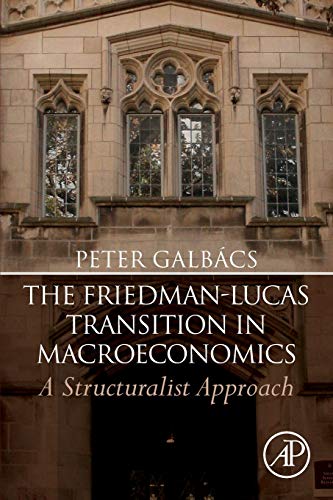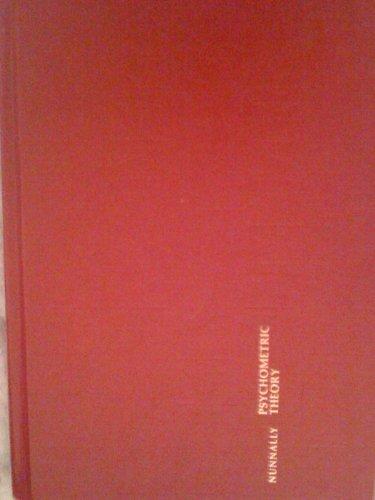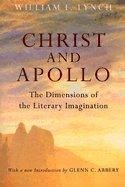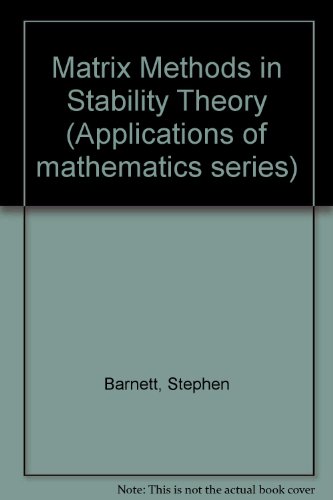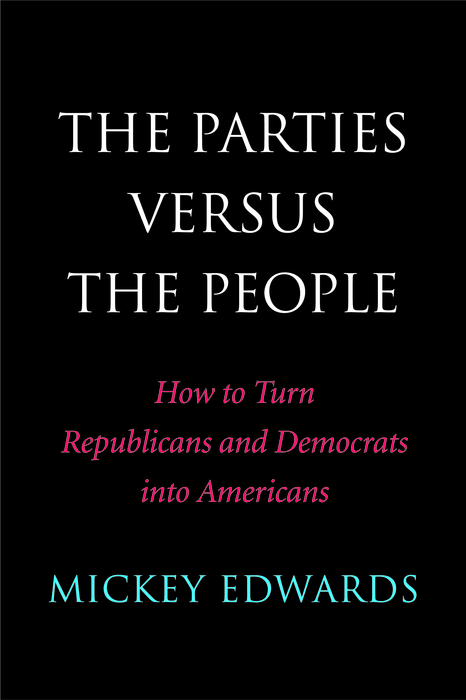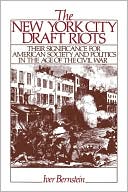The Friedman-Lucas Transition in Macroeconomics: A Structuralist Approach
Galbacs, Peter
The Core Idea Of The Chicago Economics Tradition Is To Interpret A Vast Array Of Individual And Social Actions As The Outcomes Of Informed Decisions. To Address The Problem Of Business Cycles In A Choice-theoretic Framework, Economists Need Artificial Economies Made Up Of Representative Agents. Taking Societies As Structures And Agents As Relata Places Macroeconomics Upon Microfoundations, Though In Theory Assessment The Way Structures And Causal Connections Are Dependent Upon Agent-level Properties Ought To Be Taken Into Account. Along These Lines The Friedman-lucas Transition In Macroeconomics Considers How And To What Extent Monetarist And New Classical Theories Of The Business-cycle Can Be Regarded As Approximately True Descriptions Of A Cycle's Causal Structure, Or Whether They Can Be No More Than Useful Predictive Instruments. It Will Be Of Interest To Upper-division Undergraduates, Graduate Students, Researchers, And Professionals Concerned With Practical, Theoretical And Historical Aspects Of Macroeconomics And Business-cycle Modeling.
| Name in long format: | The Friedman-Lucas Transition in Macroeconomics: A Structuralist Approach |
|---|---|
| ISBN-10: | 0128165650 |
| ISBN-13: | 9780128165652 |
| Book pages: | 396 |
| Book language: | en |
| Edition: | 1 |
| Binding: | Paperback |
| Publisher: | Academic Press |
| Dimensions: | Height: 9.02 Inches, Length: 5.98 Inches, Weight: 1.3448197982 Pounds, Width: 0.9 Inches |

